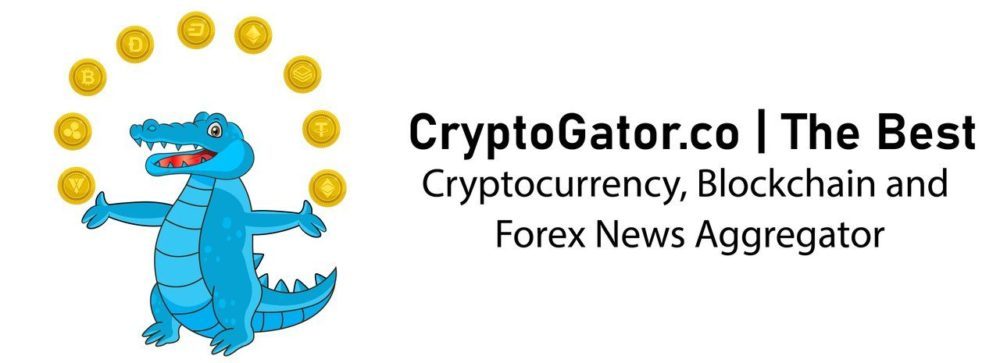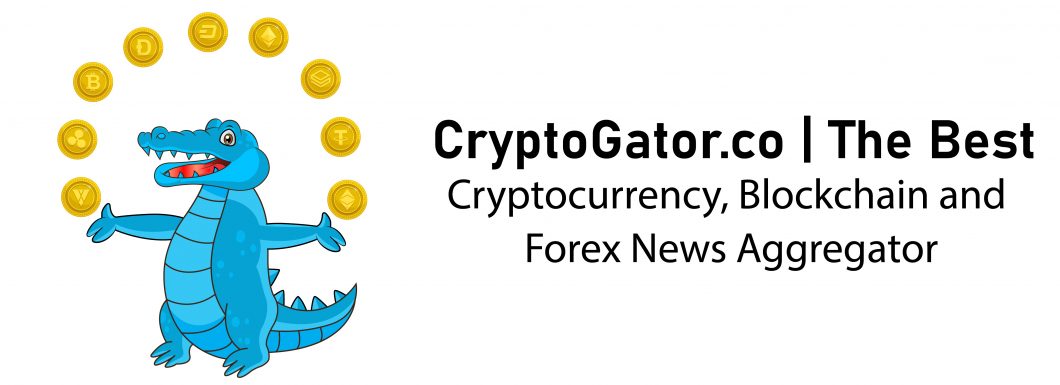<p>Proprietary trading
executives across the world expect interest rate derivatives to be the most
profitable of all asset classes for proprietary trading firms in 2023. They
also see great potentials in equity options trading, although in what turns out to
be a reversal of last year’s trend, they expect greater profitability
performance from interest rate contracts.</p><p>These projections are
based on findings <a href=”https://www.acuiti.io/wp-content/uploads/2023/02/Prop-Report-Q1-2023.pdf” target=”_blank” rel=”follow”>published</a> in the Q1 2023
Proprietary Trading Management Insight Report produced by management
intelligence platform Acquiti, in partnership with Avelacom, a provider of low
latency <a href=”https://www.financemagnates.com/terms/c/connectivity/” class=”terms__main-term” id=”67c58fee-a85e-483c-8fac-648b94f10aab” target=”_blank”>connectivity</a>, IT infrastructure and data solutions to market markers and <a href=”https://www.financemagnates.com/terms/a/arbitrage/” class=”terms__secondary-term” id=”c297ef24-3074-47a0-a3c1-6f73b43f6594″ target=”_blank”>arbitrage</a> traders. The report is based on a survey of over 100 senior
proprietary trading executives who are members of the Acuiti Proprietary
Trading Expert Network.</p><p>“Listed interest rate
contracts and equity options were seen to have significant potential, with
volatility in both underlying markets set to continue through this year as
rates markets adjust to central bank policy tightening and equity markets feel
the knock-on effects of an economic slowdown and the more restrictive financing
environment that those market conditions are creating,” the Acquiti report explained.</p><p>Prop Firms Count on Crypto Despite Chaotic 2022 </p><p>According to the
report, the proprietary trading executives also see significant potential for
profits in energy and commodities. For commodities, proprietary trading firms (prop firms) are more
bullish than last year. In 2022, the firms projected the asset class “as one of the few
potential safe havens in an inflationary and volatile market environment.”</p><p>In addition, despite <a href=”https://www.financemagnates.com/cryptocurrency/whats-next-for-crypto-after-the-chaos-of-2022/” target=”_blank” rel=”follow”>the turbulence that rocked</a> the cryptocurrency industry last year, about half of
the trading executives <a href=”https://www.financemagnates.com/cryptocurrency/institutions-stick-to-crypto-despite-market-upheaval-in-2022/” target=”_blank” rel=”follow”>still see opportunities</a> in trading digital asset. This is most likely
as a result of <a href=”https://www.financemagnates.com/cryptocurrency/defi-starts-2023-with-a-jump-but-will-the-momentum-last/” target=”_blank” rel=”follow”>recent improvement in the price of Bitcoin</a>, the report noted.
However, the Acuti-Avelacom report pointed out that proprietary trading firms that
engage in crypto trading “are taking out default insurance and reducing the
number of exchanges they trade on in the wake of <a href=”https://www.financemagnates.com/cryptocurrency/ftx-the-rise-the-fall-and-the-reaction/” target=”_blank” rel=”follow”>the collapse of FTX</a>.”</p><p>Proprietary Trading
Execs Report ‘Very Strong’ 2022</p><p>Furthermore, the report says proprietary trading executives last year saw “a very strong year” for proprietary trading as almost
70% of them reported better than average annual
profitability. They attributed this to higher volatility which increased
volumes and opportunity. This came even as the cost bases of most
proprietary trading firms shot up in 2022 with staffing and market data fees rising
at the fastest pace.</p><p>Furthermore, as a
result of the market outcome last year, the trading executives have projected
“a generally bullish outlook” for the early days of 2023. However, despite
expectations of a strong year in 2023, challenges remain, the report
noted. </p><p>“Liquidity remains an
issue across global markets and in particular in Europe,” the report
says, adding that how best to improve this remains a source of debate.</p>
This article was written by Solomon Oladipupo at www.financemagnates.com.



